Featured
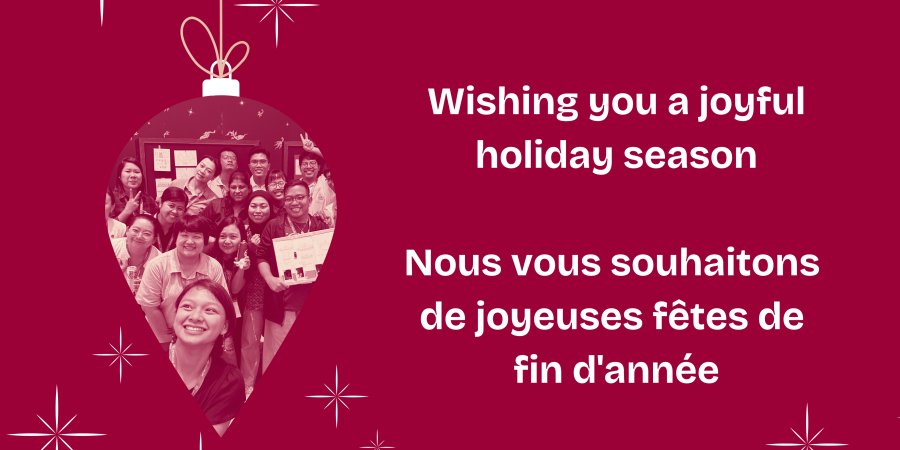
ICCROM 2024: A Year of Action and Impact
This year, we connected with Member States, partners, and communities, turning every interaction into an opportunity for shared learning and growth. As we close 2024, we thank all of you for walking this journey with us. We’ve connected, advanced, responded, and empowered. This is not the end of the story—we're only getting started. Here’s to 2025 and all we’ll achieve together!

ICCROM 2024: A Year of Action and Impact
This year, we connected with Member States, partners, and communities, turning every interaction into an opportunity for shared learning and growth. As we close 2024, we thank all of you for walking this journey with us. We’ve connected, advanced, responded, and empowered. This is not the end of the story—we're only getting started. Here’s to 2025 and all we’ll achieve together!

ICCROM 2024: A Year of Action and Impact
This year, we connected with Member States, partners, and communities, turning every interaction into an opportunity for shared learning and growth. As we close 2024, we thank all of you for walking this journey with us. We’ve connected, advanced, responded, and empowered. This is not the end of the story—we're only getting started. Here’s to 2025 and all we’ll achieve together!
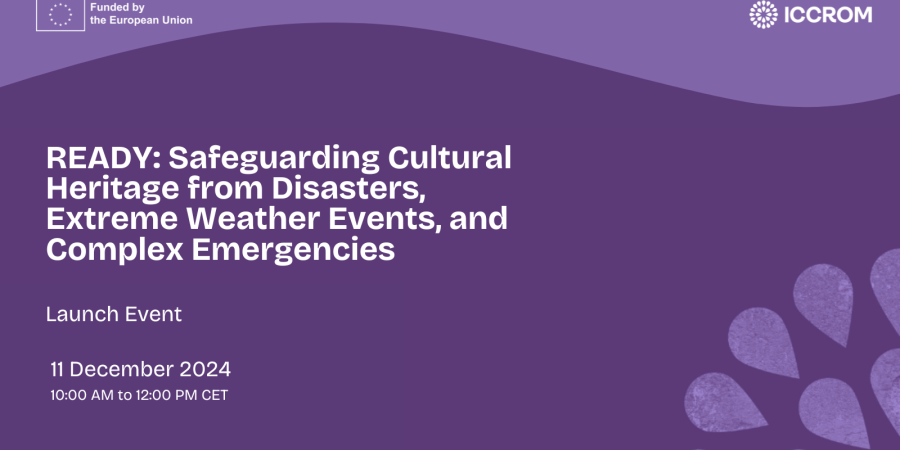
ICCROM launches READY: Safeguarding Cultural Heritage from Disasters, Extreme Weather Events, and Complex Emergencies
On 11 December 2024, ICCROM’s First Aid and Resilience for Cultural Heritage in Times of Crisis (FAR) programme organized the virtual launch event for READY – Safeguarding Cultural Heritage from Disasters, Extreme Weather Events, and Complex Emergencies. Funded by the EU’s Creative Europe Programme, and with the support of the European Commission’s Directorate general for Education, Youth, Sport...
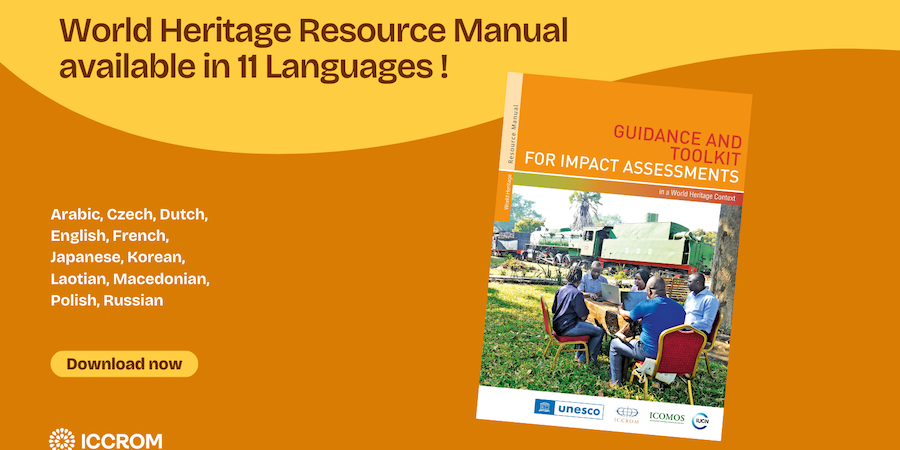
World Heritage Leadership ends 2024 under the sign of capacity-building on Impact Assessment for World Heritage
The ICCROM-IUCN World Heritage Leadership (WHL) programme concluded 2024 with significant strides in capacity building on impact assessment in the context of World Heritage. Collaborating with Ireland, the UNESCO World Heritage Centre and the Association of French World Heritage Sites, the programme delivered workshops, courses and webinars on impact assessment for site managers, World Heritage...
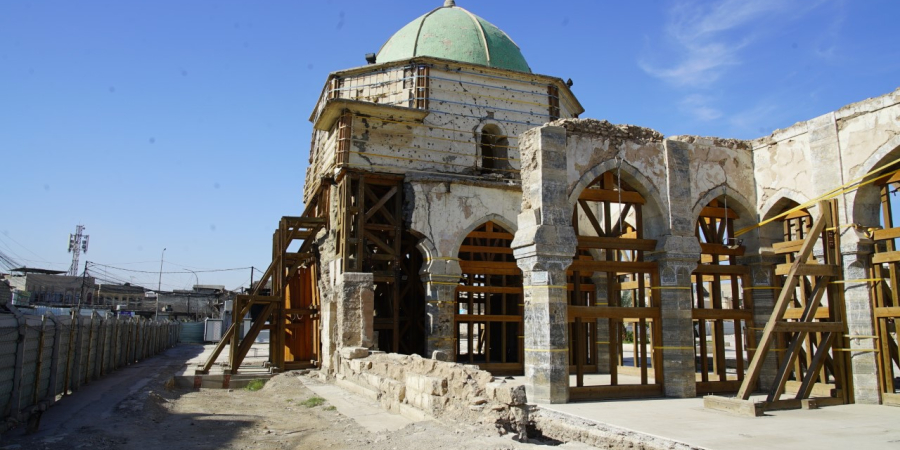
UNESCO and ICCROM Release Training Guide for Post-Conflict Heritage Recovery with the support of the United Arab Emirates.
The publication of this guide follows a two-year capacity-building program in Mosul, Iraq, aimed at developing local expertise for heritage recovery. This initiative targeted 49 young graduates from local universities in the fields of engineering and architecture, equipping them with the knowledge and skills needed to become heritage recovery experts.
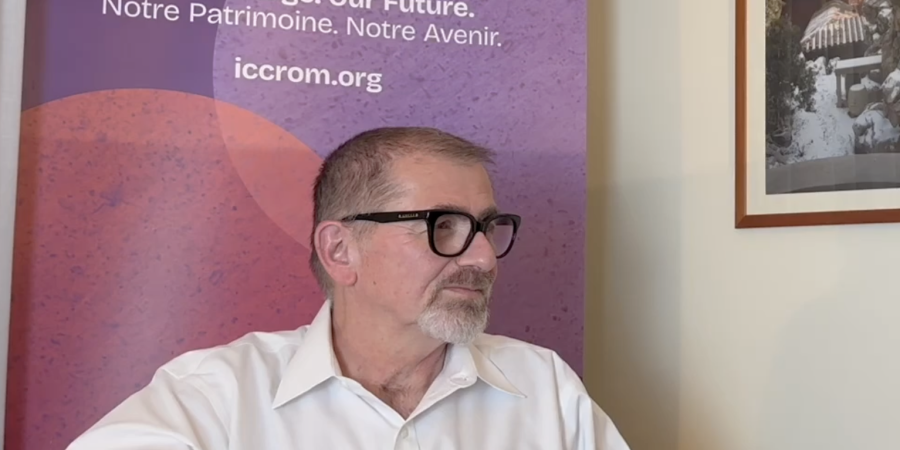
A journey in Heritage Conservation: Frank Matero’s Reflections on ICCROM and the Evolving Field
We recently had the pleasure of sitting down with Frank Matero, a leading figure in heritage conservation, to discuss his long-standing relationship with ICCROM and the evolving challenges of preserving cultural heritage. Frank’s journey spans decades of teaching — notably in the Department of Historic Preservation at the Stuart Weitzman School of Design, University of Pennsylvania — in addition...
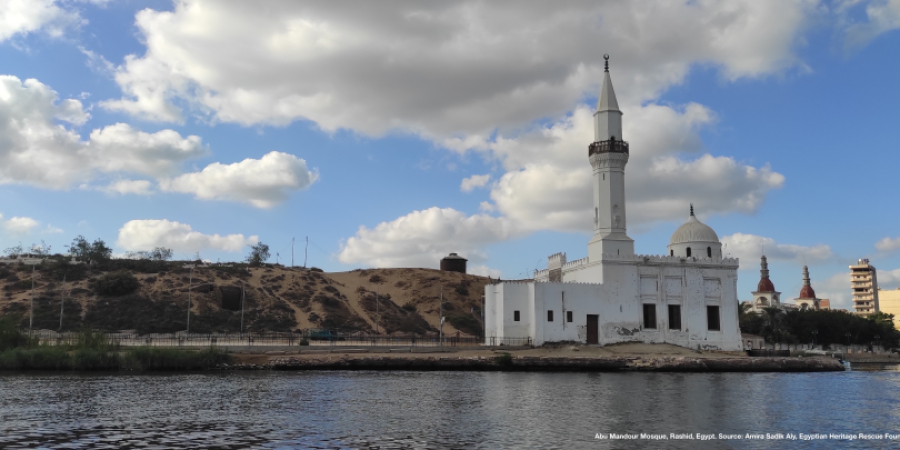
A Global Call for Heritage-Based Climate Action: Insights from the Net Zero Conference Out Now
The newly-released report compiles the presentations and discussions from the event speakers, representing over 20 disciplines. It takes a significant step forward in integrating concerns for heritage safeguarding into climate adaptation and disaster risk management policies at both national and subnational levels.
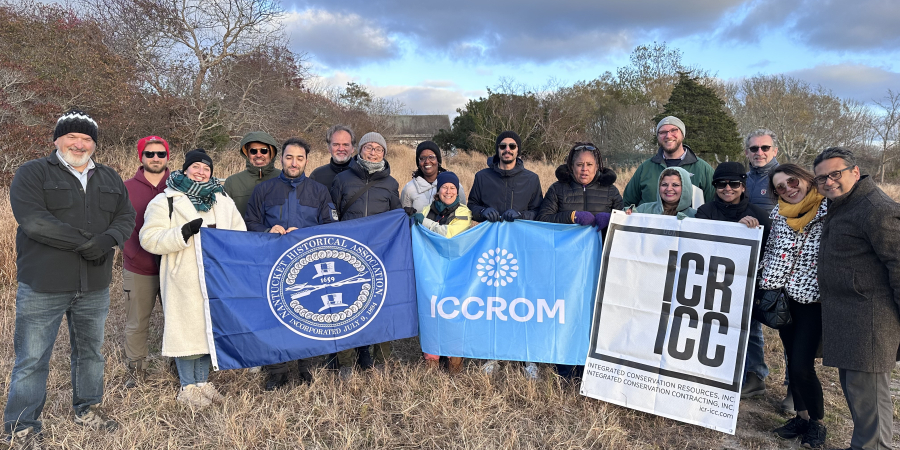
Nantucket hosts landmark training on Climate Action for Sustainable Built Heritage
After four weeks of dedicated research, the International Training Course on Climate Action for Sustainable Built Heritage Conservation and Management has come to a close.
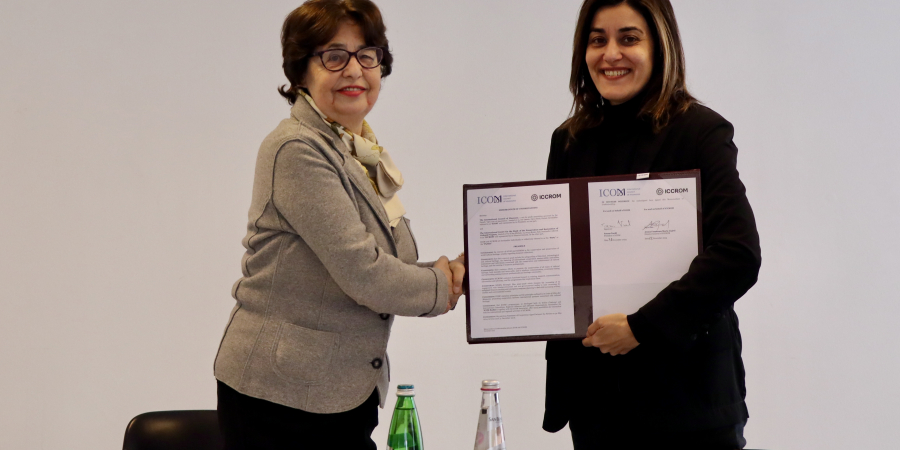
ICCROM and ICOM Sign Memorandum of Understanding to strengthen collaboration for museum and heritage conservation
On 22 November 2024, ICCROM and ICOM renewed their longstanding partnership by signing a Memorandum of Understanding to strengthen their shared commitment to conserving, developing, and utilizing museum collections as invaluable assets for the benefit of humanity.
